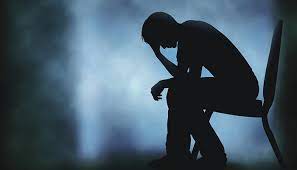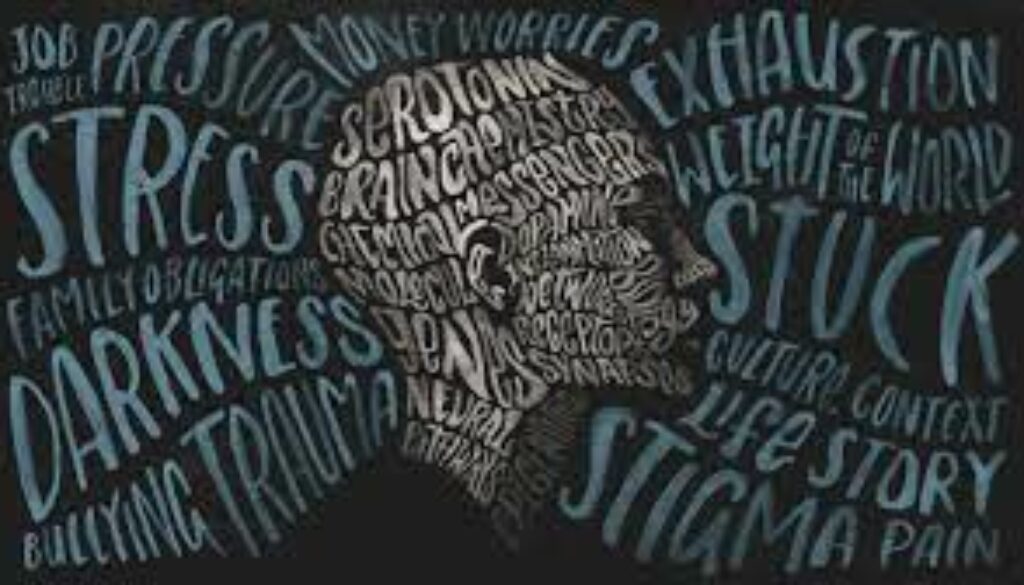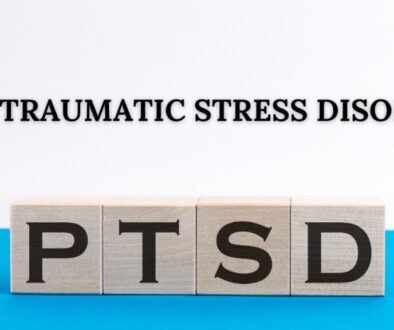Understanding the Basics of Mental Health: A Comprehensive Guide
Mental health is a crucial aspect of our overall well-being. This comprehensive guide aims to provide a deep understanding of this complex subject by exploring various aspects of mental health. From understanding the basics of mental health disorders to recognizing signs and symptoms, and from seeking professional help to promoting self-care and well-being, this guide aims to offer valuable insights into the world of mental health. So, let’s delve into this journey of discovery together.
“Mental health, simply put, refers to our emotional, psychological, and social well-being. It affects how we think, feel, and act, impacting every aspect of our lives. Just like physical health, mental health is essential for overall well-being and quality of life.”
In today’s fast-paced and demanding world, where stress and pressures often weigh us down, mental health awareness becomes increasingly important. By understanding the basics of mental health, we can identify potential issues, seek appropriate help, and work towards maintaining a healthy mind and body.
The Mind-Body Connection
The mind-body connection plays a significant role in our mental health. It refers to the intricate connection between our emotions, thoughts, physical health, and overall well-being. Understanding this connection helps us comprehend how mental health issues can manifest physically and vice versa.
Research has shown that individuals with poor mental health are more likely to experience physical ailments such as headaches, migraines, gastrointestinal issues, and cardiovascular problems. Similarly, physical health issues can often exacerbate or contribute to mental health disorders. Therefore, addressing both our mental and physical health holistically is essential for our overall well-being.
Common Mental Health Disorders
Mental health disorders are prevalent worldwide, affecting people of all ages, backgrounds, and cultures. Understanding the common disorders is vital in recognizing potential signs and symptoms and seeking appropriate help. Some of the most common mental health disorders include:
Depression
Depression is a mood disorder characterized by persistent feelings of sadness, hopelessness, and a loss of interest in enjoyable activities. It can affect daily functioning and significantly impact a person’s quality of life.
Anxiety Disorders
Anxiety disorders encompass a range of conditions characterized by excessive and persistent worry and fear. These disorders can manifest as generalized anxiety disorder (GAD), panic disorder, social anxiety disorder, or specific phobias.
Bipolar Disorder
Bipolar disorder is a mental health condition characterized by extreme mood swings, ranging from manic episodes of elevated mood and energy to depressive episodes of sadness and low energy. It can significantly impact a person’s life and relationships.

Schizophrenia
Schizophrenia is a chronic and severe mental disorder that affects how a person thinks, feels, and behaves. It often involves experiencing hallucinations, delusions, and impaired cognitive abilities.
Obsessive-Compulsive Disorder (OCD)
OCD is an anxiety disorder characterized by unwanted and intrusive thoughts (obsessions) and repetitive behaviors or mental acts (compulsions). These obsessions and compulsions can significantly interfere with daily life.
Signs and Symptoms of Mental Illness
Recognizing the signs and symptoms of mental illness is crucial for early intervention and effective treatment. Mental health disorders can have a wide range of symptoms, which may differ from person to person. Here are some common signs to be aware of:
Behavioral Changes
Behavioral changes may include sudden shifts in personality, changes in sleep patterns, withdrawal from social activities, increased substance use, or self-harming behaviors.
Emotional Changes
Emotional changes can manifest as prolonged sadness or irritability, feelings of hopelessness or helplessness, frequent mood swings, or unexplained outbursts of anger.
Cognitive Changes
Cognitive changes may be observed as difficulty concentrating, memory problems, impaired decision-making abilities, or a decline in problem-solving skills.
Physical Symptoms
Physical symptoms often accompany mental health disorders and may include frequent headaches, unexplained body aches, fatigue, changes in appetite or weight, or gastrointestinal problems.
Seeking Professional Help
Recognizing the need for professional help is essential for effective treatment and recovery. Mental health professionals, such as psychiatrists, psychologists, therapists, or counselors, can provide the necessary support and guidance. It is important to be aware of the various treatment approaches and therapies available, such as medication management, psychotherapy, cognitive-behavioral therapy (CBT), or alternative therapies like art or music therapy.
Stigma Surrounding Mental Health
Despite significant progress in mental health awareness, stigma and discrimination still surround mental illnesses. This can create significant barriers to seeking help and support. Breaking down stereotypes and misconceptions through open conversations, education, and compassion is crucial for promoting understanding and acceptance.
Self-Care and Mental Well-being
Self-care practices play a vital role in maintaining positive mental health. Engaging in activities that promote relaxation, stress reduction, and self-reflection can greatly contribute to our overall well-being. Prioritizing sleep, engaging in regular physical activity, practicing mindfulness or meditation, and nurturing positive relationships are all essential for mental well-being.
Supporting Others with Mental Health Issues
Supporting someone with mental health issues requires empathy, understanding, and active listening. Educating oneself about mental health, offering a non-judgmental space for open communication, and advocating for proper treatment can be invaluable for individuals experiencing mental health challenges.
Mental Health in the Workplace
The impact of work on mental health cannot be overlooked. Creating mentally healthy work environments that prioritize employee well-being, promote work-life balance, and provide adequate support can significantly contribute to better mental health outcomes.
Mental Health and Various Age Groups
Mental health challenges vary across different age groups. Children and adolescents may face unique difficulties related to academic stress, bullying, or social pressure. Adults often struggle with work-related stress, relationship issues, or financial burdens. Older adults may experience mental health issues related to loneliness, grief, or physical health changes. Tailoring mental health support and interventions to the specific needs of each age group is crucial for effective care.
The Role of Exercise and Nutrition in Mental Health
Physical exercise and nutrition play critical roles in maintaining positive mental health. Regular physical activity has been shown to reduce symptoms of depression and anxiety, improve mood, and enhance cognitive functions. Additionally, a balanced and nutritious diet provides essential nutrients that support brain health and overall well-being.
Break the Silence: Advocating for Mental Health Awareness
Raising awareness and reducing stigma surrounding mental health is a collective responsibility. Engaging in advocacy efforts, sharing personal stories, participating in community initiatives, and supporting mental health organizations are essential steps in breaking the silence and promoting mental health awareness.
Cultural and Social Factors in Mental Health
Culture and society significantly influence our understanding and perception of mental health. Addressing cultural biases, and disparities in care, and promoting inclusivity in mental health support is vital in providing equitable and effective services to all individuals.
The Evolution of Mental Health Treatments
Mental health treatments have evolved significantly over the years. From ancient healing practices to modern therapeutic interventions and medication, understanding the historical context and advancements in treating mental health disorders can promote optimism and hope for those seeking help.
Conclusion: Basics of Mental Health
Understanding the basics of mental health is the first step in promoting overall well-being, reducing stigma, and seeking appropriate help when needed. By recognizing common mental health disorders, signs, and symptoms, and understanding the importance of seeking professional help, we can ensure a path toward recovery and resilience. Investing in self-care, supporting others, and advocating for mental health awareness are essential steps in creating a healthier, more compassionate society.
Also Read:
The Ultimate Guide to Glowing Skin: Tips and Tricks



